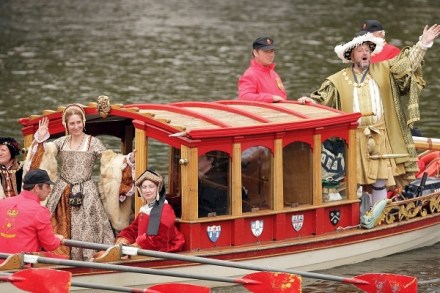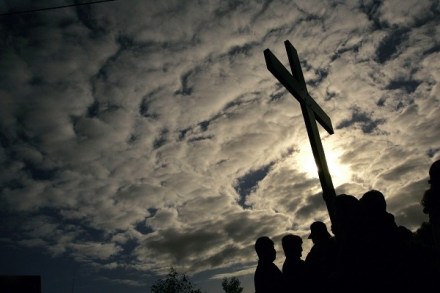The Frontman, by Harry Browne – review
According to a story which Harry Browne accepts is surely apocryphal, but which he includes in his book anyway, at a U2 gig in Glasgow the band’s singer silenced the audience and started to clap his hands slowly, whispering as he did so: ‘Every time I clap my hands a child in Africa dies.’ Someone in the audience shouted: ‘Well fuckin’ stop doin’ it then!’ The story is worth repeating because it reflects the way many people, even charitably disposed rock fans, feel about Bono. They think his name — born Paul David Hewson, he appropriated the stage name from a Dublin hearing-aid shop that advertised devices called ‘Bono Vox’














